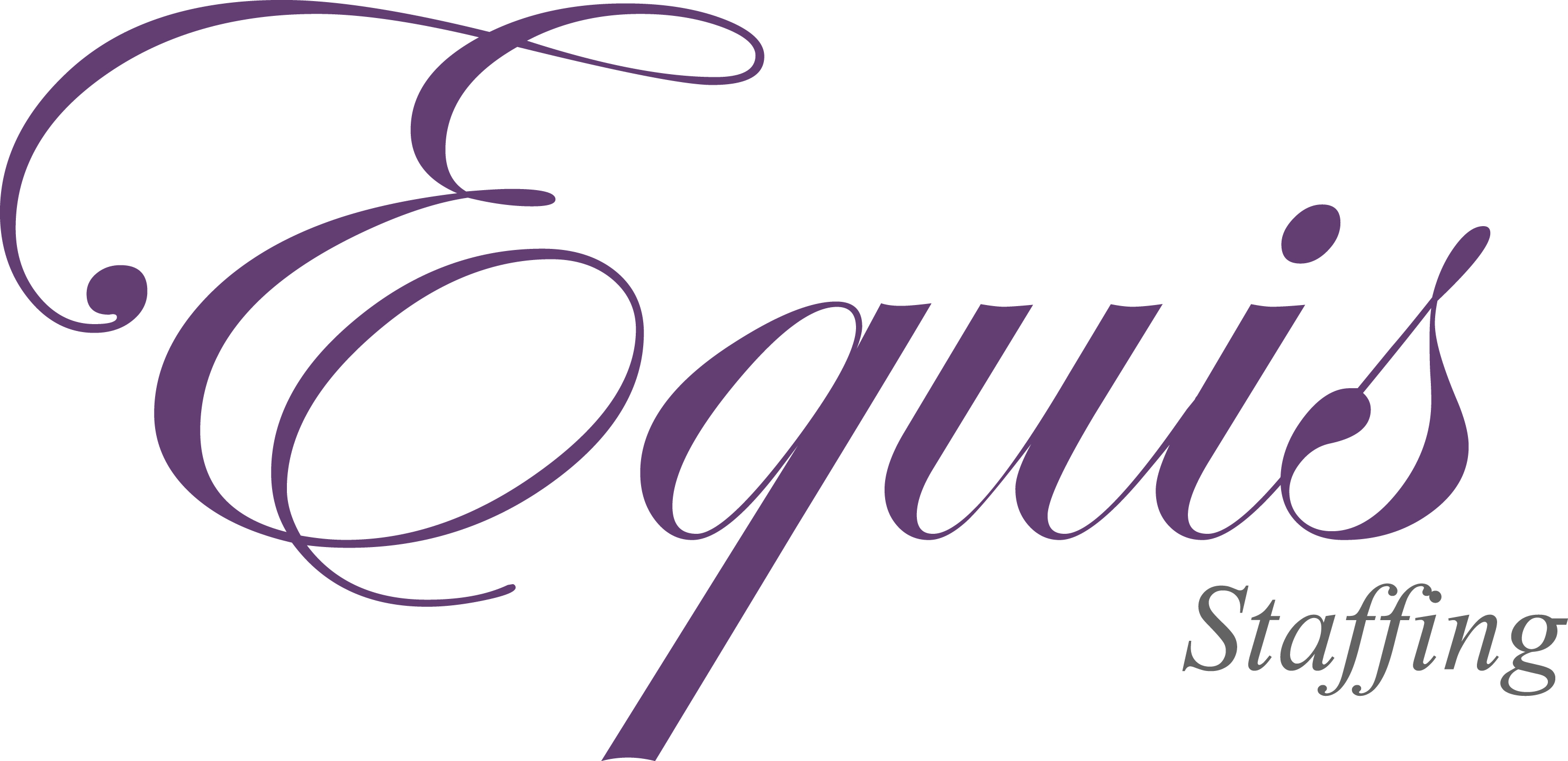In today’s market you have to be "selling" or recruiting during the entire interview process. In order to get the candidates you want, you have to make them want you. The more prepared, organized, and on top of the process you are, the more a candidate will see your organization in a positive light.
The good news is you’ve written a job description that attracted great candidates. The stressful news is now you’ve got to interview these candidates and determine if they are the right cultural fit for your organization. A job interview isn’t just anxiety inducing for the job seeker – it can also cause a lot of anxiety for underprepared interviewers as well. Thankfully, much of that stress can be mitigated through advanced planning and a strong hiring process framework.
Does your organization struggle with making the most out of candidate interviews? Here are our tips for conducting an effective and efficient job interview:
Start off on the right foot.
The interview process shouldn’t begin the moment the candidate steps foot inside your office – it should begin at least a few days before. After you schedule an interview, send the candidate an email a few days beforehand to remind them of the date of the interview and share information about the job they are interviewing as well as some information about the company and the people they will be speaking with. Such an email is a simple and effective way to start a positive relationship with your job candidates.
Prepare your questions in advance.
While we recommend making the interview feel conversational, being too casual can mean that you forget to ask important questions or fail to bring up important topics. To prevent this, spend time determining the necessary qualifications and skills needed to succeed in the role before you meet any candidates for an interview. By knowing what you need and want in a new hire, you’ll be better able to craft a round of questions that helps you get to the heart of a candidate’s experience and attitude. Having your questions ready in advance will keep the interview on track and you’ll be able to address important issues or any concerns.
Use open-ended questions.
Avoid questions that give candidates the opportunity to give one-word answers, as these types of questions don’t really allow you to get to know the candidate. Instead, ask open-ended questions that allow the candidate to share detailed information about their experiences and the challenges they’ve overcome in previous stages of their career. If you use the right open-ended questions, you will get a better picture of the candidate’s experience and whether or not they have the skills you’re looking for.
Ask follow-up questions.
Don’t just accept a candidate’s answers and move on. Ask follow-up questions to get a better sense of their personality or to clarify information they’ve presented. You’ll probably find that many candidates have rehearsed answers to some of the more commonly asked interview questions, and asking a thoughtful follow-up is a great way to get to the bottom of how the candidate thinks and what they’ve previously accomplished in the workplace. If the candidate can’t speak in specific examples in response to your follow-up question, it could be a hint that they are exaggerating their experiences or their previous role.
Assess compatibility and skill.
Look for signs that the candidate will perform well in your organization’s culture and work environment. Do their answers indicate that they won’t be a fit? Use follow-up questions to assess culture fit and work attitude. Even more importantly, you should be evaluating candidates based on the skills you need to fill for a particular role. It is easier to help an eager candidate to learn “soft” skills than it is to teach them the “hard” skills that they’ll need on day one.
Focus on real solutions.
Use the interview as an opportunity to discern how a candidate will handle real on-the-job situations. Explain to them a situation or challenge that your team has actually faced and ask the candidate to walk you through their solution to the problem. Evaluate answers based on the desired qualifications and skill sets you need for the role.
Be flexible.
You likely know what direction you want the interview to head in, but be open to possibilities. Being flexible allows you to keep the conversation open and flowing. Keeping an open mind can lead to discovering a wealth of new and important information about your candidate.
If you are looking to hire an IT, Accounting, or Finance professional, or work in any of those fields and looking to advance your career, you can contact Equis Staffing via email at info@equisdifference.com or give us a call at (818) 444-0100.



.png)
Comments